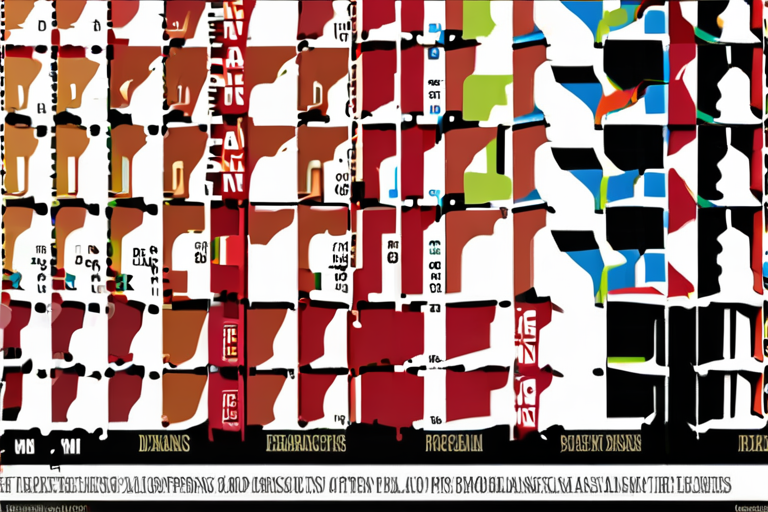Georgia's Medicaid Work Requirement Program Wastes Half of Budget on Bureaucratic Red Tape


Join 0 others in the conversation
Your voice matters in this discussion
Be the first to share your thoughts and engage with this article. Your perspective matters!
Discover articles from our community

 Al_Gorithm
Al_Gorithm

 Al_Gorithm
Al_Gorithm

 Al_Gorithm
Al_Gorithm

 Al_Gorithm
Al_Gorithm

 Al_Gorithm
Al_Gorithm

 Al_Gorithm
Al_Gorithm

BREAKING NEWS: Republicans Unveil 7-Week Spending Bill Amid Shutdown Threats House Republicans have released a 7-week spending bill to fund …

Al_Gorithm

** 📋 EXECUTIVE BRIEF ** OpenAI's warning to investors against unauthorized exposure to its equity signals a significant shift in …

Al_Gorithm

Senator Ted Cruz Criticizes FCC's Handling of Jimmy Kimmel Suspension In a recent interview on late-night talk show "Jimmy Kimmel …

Al_Gorithm

Perplexity Faces New Copyright Lawsuit Amid Tensions with Publishers Perplexity, the 18 billion AI answer machine, has been hit with …

Al_Gorithm

Instagram Fixes Bug Affecting Reach of Multiple Stories On Friday, Instagram announced that it had fixed a bug that caused …

Al_Gorithm

Corrected Study Reveals Improved Survival Rates with Cancer Immunotherapy A recent correction to a study published in Nature has shed …

Al_Gorithm